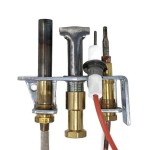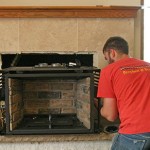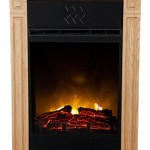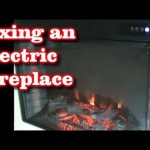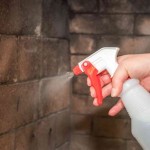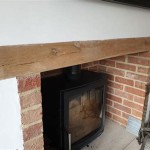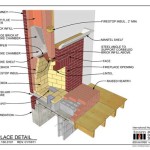Essential Aspects of a Wood Burning Fireplace Insert Chimney Kit
Installing a wood-burning fireplace insert can greatly enhance the warmth and ambiance of your home. However, ensuring its proper functioning and safety requires a compatible chimney kit. Here are some essential aspects to consider when selecting and installing a chimney kit for your wood-burning fireplace insert:
Type of Chimney Kit
Chimney kits come in two main types: zero-clearance and masonry. Zero-clearance kits are designed to be installed within existing walls or fireplaces, while masonry kits are intended for use with masonry chimneys. Determine the type of chimney you have before selecting a kit.
Chimney Size
The chimney kit must be sized appropriately for the fireplace insert and chimney. The kit should have a diameter that is equal to or slightly larger than the outlet of the fireplace insert. Too small a kit can restrict airflow and cause smoke backup, while too large a kit can lead to excessive heat loss.
Chimney Height
The chimney kit should extend high enough above the highest point of the roof to create sufficient draft for proper combustion. The minimum recommended height is 10 feet above the roofline. Taller chimneys may be necessary in certain areas or conditions.
Insulation
Insulating the chimney kit is crucial to prevent heat loss and maintain optimal performance. Ensure that the kit is lined with an approved type of insulation, such as ceramic fiber or metalbestos. Insulation helps keep the chimney warm and reduces the risk of creosote buildup.
Materials
Chimney kits are typically made from stainless steel or galvanized steel. Stainless steel is more durable and corrosion-resistant than galvanized steel, making it a better choice for long-term performance. However, galvanized steel is more affordable and can be sufficient in some applications.
Installation
Proper installation of the chimney kit is essential for safety and efficiency. Follow the manufacturer's instructions carefully and consult with a qualified professional if necessary. Ensure that all joints are sealed properly and that the kit is securely anchored to the wall or chimney.
Maintenance
Regular maintenance is essential to keep the chimney kit functioning properly. Inspect the kit annually for any damage or corrosion, and clean it as needed. Creosote buildup should be removed regularly to prevent chimney fires.
By considering these essential aspects when selecting and installing a wood-burning fireplace insert chimney kit, homeowners can ensure optimal performance, safety, and a cozy and inviting indoor environment.

Chimney Liners Usa Fireplace Insert Venting Information

Wood Burning Fireplace Inserts Insert Installation

Napoleon Epi3 Wood Fireplace Insert Inserts By

Wood Burning Fireplace Insert Frederick Md Repair Install

Ventis Hei240 Wood Burning Insert

Temp Cast Indoor Masonry Fireplace And Oven Combo Patio Outdoor Furnishings

The Best Wood Burning Fireplace Inserts Or Stoves Ecohome

Why Get A Fireplace Insert Wood Gas Inserts In Tn Al

What S Best A Fireplace Stove Or Insert We Love Fire

We Install Fireplaces Inserts And Stoves Top Fireplace Brands
Related Posts

